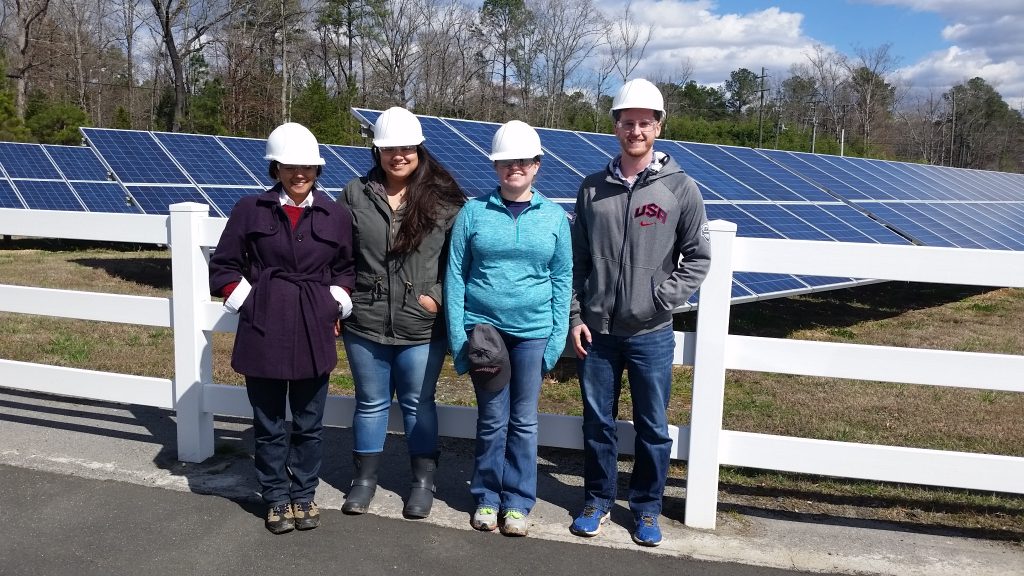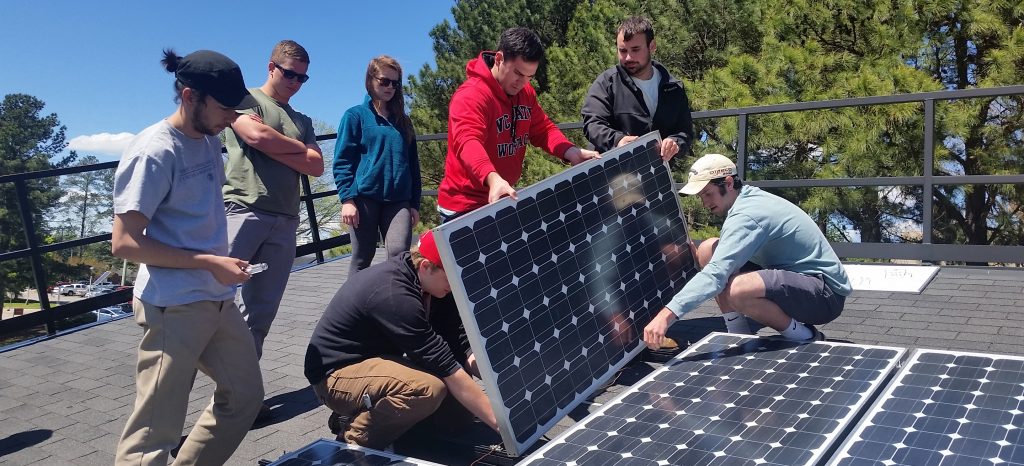So you think you can join the Clean Energy Workforce? Consider These…
Deciding to have a career in clean energy is a bold move that brings many rewards. Aside from catering to our innate ‘goodness’, the clean energy industry is one of the fastest growing industries, attracting energetic, talented and very smart people. That being said, how do you get your name on the top of the applicant list?
Below are the 3 main categories of qualities that keep coming up when I talk to employers:
1. The Basics.
This is the most critical criteria in getting hired. Not meeting minimum requirements such as having a clean record and a driver’s license can keep you from your dream job. Another big category that can be hard to quantify but you know it when you see it are these so called “soft skills”. Soft skills are not apparent in a resume. But they come through during the interview and the first few months of employment.
Soft skills aren’t taught in classrooms. These are values and characteristics that have been shaped by family and friends, at the home and in the playground. These include good grooming and dressing appropriately, showing up on time, respecting colleagues, and getting along with peers. When you’ve finally been hired, having solid soft skills that align with company culture keep you in the job and successful in a career.
2. Experience and Skill
When I moved to North Carolina in 2003, I wanted to go back to my main interest – water quality and hydrology. I had several “water” interviews but nothing came out of it. Finally, one of the interviewers asked me, “Why do you want this position when you have three years of energy work? You should do that.” And so I did.

Many people ask me for advice about getting a job in the industry because they don’t want to do their current jobs anymore. Even if you don’t like it, you should not discount what you’re doing now. A sales, construction, software or data management job has transferable skills that are highly sought after by employers. Learn how to highlight desirable skills from another industry and talk about how your past or current experience adds value to the position you want.
3. The Gravy: Credentials
“Stay in School, kids.” We hear this all the time. But what this actually means is that we should all be lifelong learners. While many positions that have a ‘desk job’ will require a degree, what may separate you from the rest of the pack is stacking up on credentials. Having an electrician’s license or an engineering degree is highly desirable especially in the solar electric (PV) industry. And just like any other industry, there are many other positions outside the technical spectrum that require other skill sets like communications, information technologies, economics, project management, and business administration. If you feel like there is no perfect fit for you and your educational background, there are other easily attainable credentials that can be fulfilled by taking workshops and earning certifications that are industry recognized.
Here is the alphabet soup of the most common credentials you see in the clean energy industry:
- BPI (Building Performance Institute)
- RESNET (Residential Energy Services Network)
- LEED (Leadership in Energy and Environmental Design)
- NABCEP (North American Board of Certified Energy Practitioners)
These four are definitely not the only ones out there. There’s CEM (Certified Energy Manager) and other certifications of the Association of Energy Engineers, IGSHPA (for Ground Source Heat Pump installers) and a host of other credentials.
Many of these credentials can be accomplished by taking a week-long workshop and then following up with an exam. Depending on where you are, you might be required to have a credential to perform a specific task. And even if it is not a requirement, many employers value a credential because it shows that a potential hire will not have to “learn on the job” as much as the other. It also demonstrates a person’s willingness to learn and take initiative. Those are definitely good signs!

But what does it mean to earn a Graduate Certificate in Renewable Energy Development from NC State University?
For your own personal development, taking the classes that will lead to a graduate certificate gives you a taste of what it takes to earn your master’s degree. If and when you’re ready, some of these classes can qualify as credit courses, depending on the program you take.
If you already have a master’s degree, taking online classes on renewable energy development such as Photovoltaic Design and Installation (EA 590.604), or Renewable Energy Policy and Economics (EA 590.603), help you understand the language used in the industry, describe how renewable energy projects come together – both technically and financially, and basically for anyone looking to get in the industry, these courses prepare you to hit the ground running when you do land your dream job.
As for the employers? It shows that not only do you have the grit to stick to a rigorous program from a leading North Carolina university, it demonstrates that you have a well-rounded understanding of the renewable energy industry – from knowing how solar electric systems operate, to identifying the best location for the next renewable energy project and making the project happen.
With those skills, who wouldn’t want to hire you?